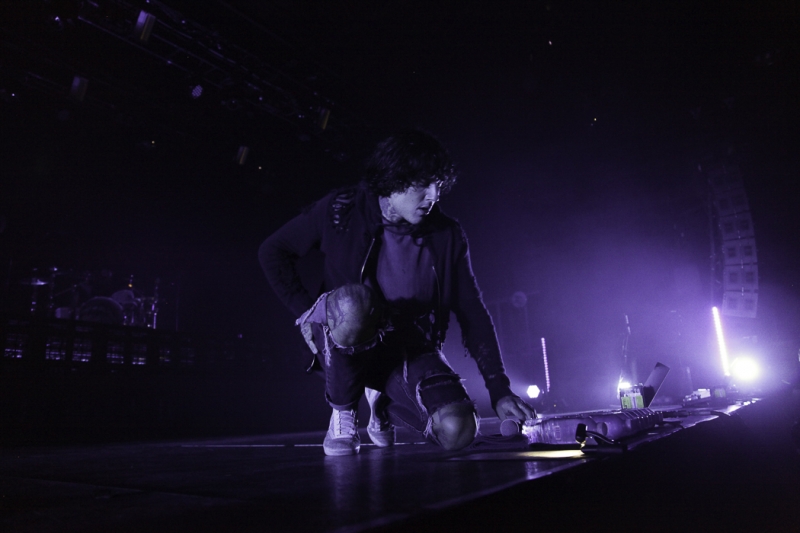American music is an excellent blend of sounds. Woven profound into this blend is the dynamic story of Mexican Americans. From people melodies to cutting edge pop, Mexican American culture in music artists has molded the nation's playlists. These specialists share an interesting encounter. They live between two universes, and their music reflects that. This article investigates how they express their legacy and interface with everybody. The story of Mexican American culture in music craftsmen is one of convention, alter, and capable art.
You can listen to Mexican American culture in music artists in numerous styles. It's a story of keeping conventions lively whereas making something new.
The Roots: Narrating and Community Music
Before they were standard stars, Mexican American specialists were community heroes. Their music was for and approximately the people.
- Corridos: These are story-songs. They worked like a news report, telling stories of heroes, battles, and everyday life. This convention of narrating proceeds today.
- Conjunto and Tejano: This is the sound of celebration. With its signature accordion, it was the life of family parties and community dances.
The ruler of this fashion was Selena. She blended these Tex-Mex sounds with pop and movie music. She showed the world that Mexican American culture in music artists might be both conventional and a worldwide sensation.
How Cultural Changes Changed Music
The music of Mexican Americans is not stuck in the past. It has advanced as the community's put in America has advanced. As their encounters changed, their sound changed as well. These cultural changes changed music, making modern classes and modern messages.
The Rise of Chicano Rock
After World War II, an unused era arose. They made an unused sound: Chicano Rock.
A youthful craftsman named Ritchie Valens got to be a star. He took a Mexican folk melody, "La Bamba," and turned it into a shake and roll hit. This was a major minute where social changes changed music. It was the sound of a modern era claiming its American identity.
Later, groups like Los Lobos kept this soul lively. They mixed shake, blues, and Mexican people music. Their tunes told complex stories about almost life as Mexican Americans.
An Unused Wave: Today's Elective Scene
Today, a modern era is making waves. Specialists like Cuco and Omar Apollo are pioneers of "La Onda Alternativa" (The Elective Wave).
Their music is a smooth blend of:
- Indie pop
- R&B
- Jazz
- Subtle Latin rhythms
They sing in both English and Spanish, regularly in the same tune. Their music feels like the involvement of development between two societies. This present day sound is a coordinate result of how social changes changed music for a more associated, worldwide generation.
Read Also:- How Music Culture Influences Fashion Trends
The Stories in the Melodies: Life Between Two Worlds
The words in these tunes are as vital as the music. The verses from Mexican American culture in music artists regularly investigate what it's like to have two homes.
Finding a Put to Belong
Many tunes talk about personality. Craftsmen sing around the feeling of not being from one put or the other. This look for having a place is an effective theme.
- Rappers like Lil Ransack depicted life developing up Chicano.
- Artists like Cuco sing almost cherish and uneasiness through a bilingual lens.
Their music gives a voice to the involvement of "crossing borders" in ordinary life.
Music as a Device for Justice
Music has continuously been a way to talk out for Mexican Americans. The convention of the challenge melody is exceptionally strong.
When cultural changes changed music, it frequently happened nearby social developments. Specialists have utilized their stages to conversation about:
- Immigration rights
- Fighting racism
- Political power
Bands like Ozomatli are celebrated for their dissident tunes. They blend hip-hop with cumbia to get their message over. This appears that music is still an effective device for change.
Breaking Into the Mainstream

The impact of Mexican American culture in music artists is presently all over. You listen to it on the best radio stations and worldwide playlists. This victory is the result of the "cultural changes changed music" in the industry itself.
Global Stars and Social Pride
Today's stars gladly speak to their culture for an around the world audience.
- Becky G sings pop songs of devotion in English and at that point switches to territorial Mexican music.
- Selena's request proceeds to motivate unused artists.
- Natanael Cano made "Corridos Tumbados," blending old-style story-songs with present day trap music.
This mix of ancient and unused is a culminating case of how cultural changes changed music. What was once as it were, the neighborhood can presently end up a worldwide hit.
Read More:- Eminem Used AI to Bring Slim Shady Back to Life
Conclusion: A Living Legacy
The story of Mexican American culture in music artists is still being composed. It is a key portion of American history. This music reflects the travel of a community—its battles, its delights, and its heart.
From the accordion at a neighborhood move to a viral track online, this culture proceeds to advance. The cultural changes changed music in the past, and they will keep changing it in the future. The sound of two societies will proceed to be a fundamental portion of America's music.











